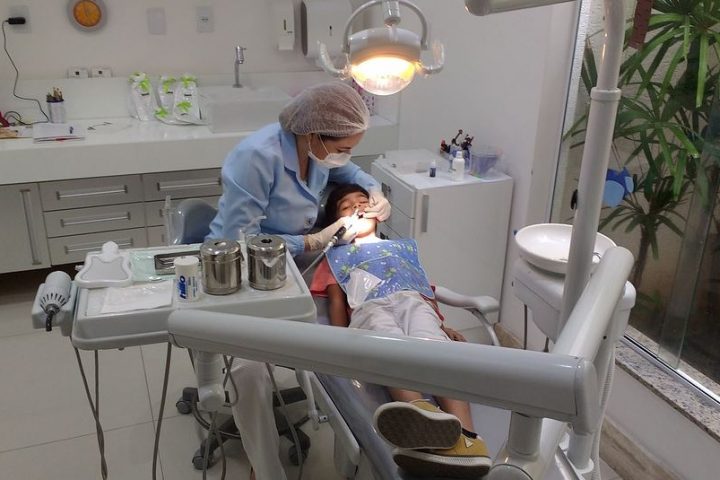Having some missing teeth can affect the way we present ourselves by making us feel incredibly self-conscious and a little bit too guarded in our conversations. The good news is that these missing teeth can be filled using dental implants. According to Mayo Clinic, there are some things you need to know as you prepare for this procedure.
The Jawbone Gets Prepared for Surgery
If the damaged tooth is still on, it will get removed first. Some operations may then be done on your jawbone to prepare it for the surgical procedure that will follow later on. For example, if the specialist feels that your jawbone is not firm enough, they may need to do bone grafting. With this, a bone is taken from another part of your body and placed on your jawbone.
A Dental Implant Gets Placed Into Your Jawbone
During this process, the dental surgeon digs a hole deep into your bone and places the dental implant there. The implant will be the foundation for your tooth crown and therefore must be firm enough to handle the pressure exerted on your teeth during a normal chewing process. After this, the jawbone is given some time to heal and for the implant to embed itself firmly into the bone. It may take several months.
Placing the Abutment and the Artificial Tooth
An abutment, which is the place where the crown will get plugged into, is placed on the dental implant after which your gums are given about two weeks to heal. After this time, impressions are made about your existing teeth to ensure the artificial one looks just like the others. You may engage your specialist to decide if the artificial tooth will be permanent or removable.
After the Procedure
You may exhibit some common symptoms after the dental implant procedure. These include an inflammation of your gums, experiencing pain on your gums or even some minimal bleeding. Your specialist should be able to lessen these through the administration of some drugs such as antibiotics. Ensuring you have qualified specialists such as Treasured Smiles Dentistry will help to reduce the possible discomforts of this process significantly. Excesses, such as bleeding, should be reported promptly.
Knowing what to expect during this procedure helps you to prepare yourself psychologically and physically. For example, you may need to change your diet to softer foods or minimize traveling as the whole process is being carried out, given that its entirety takes several months. Through all stages, close contact with a dentist, like those from Treasured Smiles Dentistry, is crucial to the success of the whole procedure.

